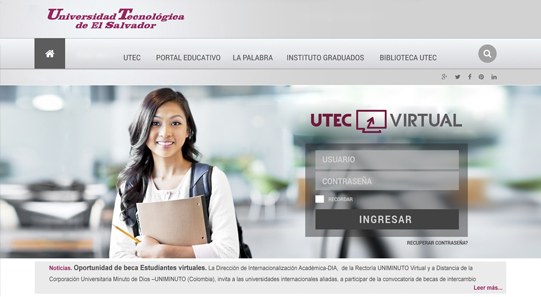Learning environment has a significant role in determining students’ academic achievement and learning. The aim of this study is to investigate the viewpoints of undergraduate medical sciences students on the learning environment. Learning environment refers to the diverse physical locations, contexts, and cultures in which students learn. The term encompasses the culture of a school or class and its presiding ethos and characteristics, including how students interact with and treat one another, as well as the ways in which teachers may organize an educational setting to facilitate learning. Since the qualities and characteristics of a learning environment are determined by a wide variety of factors, school policies, governance structures, and other features may also be considered elements of a “learning environment”.
Studies have shown that the educational environment affects students’ achievement, happiness, motivation, and success.3–8 The quality of the educational environment is indicative of the effectiveness of an educational program. The educational environment subscales correlate positively with academic success and satisfaction toward educational programs.
Student's perceptions of learning over final course examination scores is that the latter
are limited to multisection courses that use a common final exam. These are typically first year introductory courses.

THE POSITIVE EFFECTS OF USING A VIRTUAL CLASSROOM AS A REPOSITORY TO SUPPORT A FACE TO FACE ENGLISH TEACHING CLASS AT UNIVERSIDAD TECNOLOGICA DE EL SALVADOR.
Classroom management refers to the wide variety of skills and techniques that teachers use to keep students organized, orderly, focused, attentive, on task, and academically productive during a class. When classroom-management strategies are executed effectively, teachers minimize the behaviors that impede learning for both individual students and groups of students, while maximizing the behaviors that facilitate or enhance learning.
At UTEC teachers use their on methodology they have personalized according to their experience through the years, however they tend to implement new techniques that can be more interesting for students, and more entertaining, these techniques may vary depending on the age of students as well as the size of the group.
Usually, effective teachers tend to display strong classroom-management skills, while the hallmark of the inexperienced or less effective teacher is a disorderly classroom filled with students who are not working or paying attention.
At UTEC the virtual education is aimed at young people and adults who, for various reasons, are not able to attend face-to-face educational systems.
Learning can be synchronous or asynchronous, and uses the internet as a communication tool. This means that the student will have access to the contents of the course to any time and any space, through a computer.
In the www.utec.edu.sv, site in the area of Utec Virtual, or directly in the site www.utecvirtual.edu.sv, are various virtual classrooms, offering academic services. For example Virtual classrooms of different subjects as “Teaching Practice”.
Teaching practice is a subject imparted by two teachers at UTEC, in this subject the students receive face classes and do teaching practices at other schools or sections of the university, the students also learn about on-line tools and web sites at lab 5, these tools are important for the teachers improve their knowledge and practice the new methodologies for the future, some examples are G-nomio, Schoology, Joomag, penzu etc.
Teaching practice is a part of subject studies in education, with an exception of ‘In-Training-Student-Teaching’ -period, which is a part of advanced studies in education.
Teaching practice plays a central role in achieving the general goals of teacher education. The practice periods take place in different stages of the studies, and they provide a student with a chance to familiarize him/herself with education, teaching and learning in their different forms as well as discuss the experiences openly and critically with his/her co-students and supervisors.

No hay comentarios:
Publicar un comentario